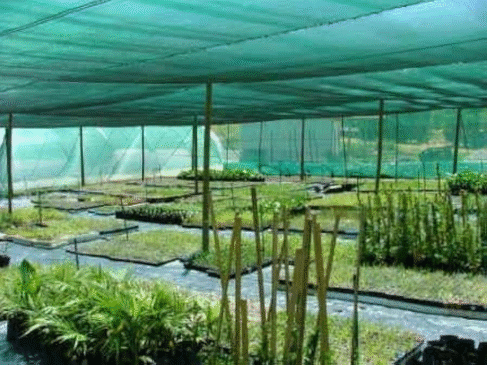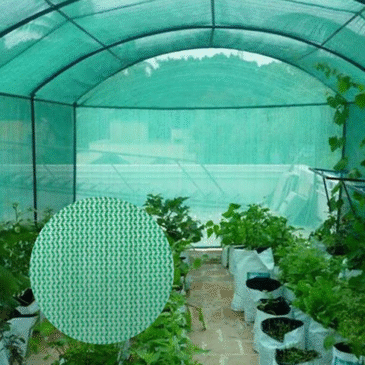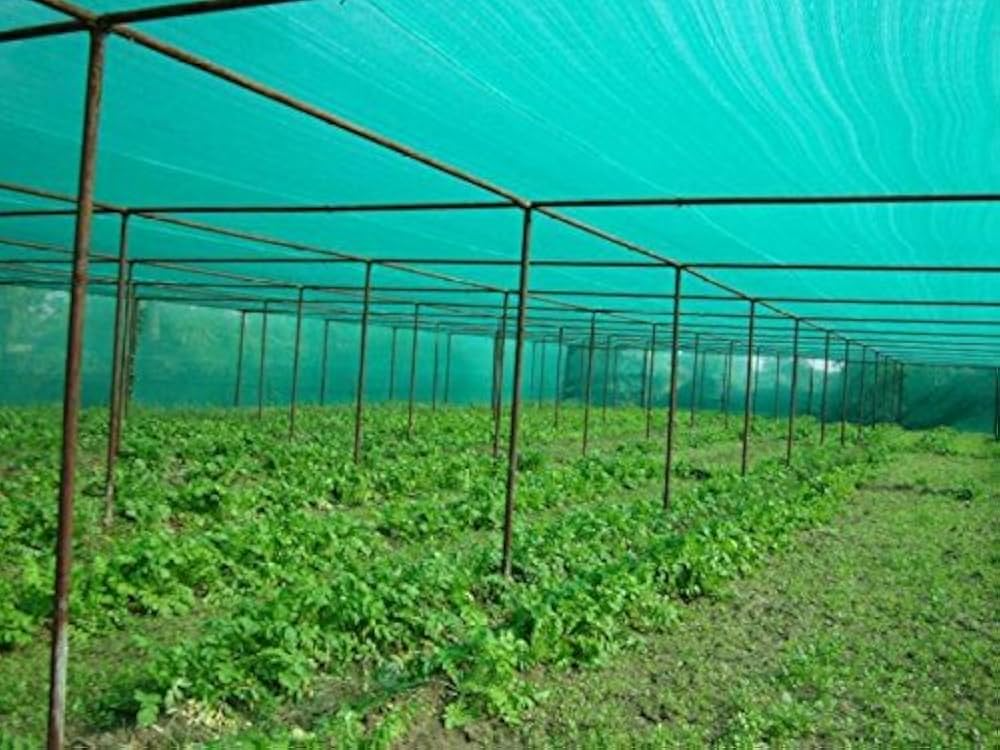Green shade nets have become a vital component of urban infrastructure and agricultural practices in Dubai. Known for their durability, cost-effectiveness, and protection capabilities, these nets are designed to reduce sunlight exposure while allowing air and moisture to pass through. With Dubai’s hot desert climate, where temperatures can soar above 45°C during summer, green shade nets offer an efficient solution for both commercial and domestic users looking to mitigate the effects of extreme sun exposure.
Shade Nets in Dubai’s Climate
Dubai’s harsh climatic conditions make shade a necessity, not a luxury. With minimal rainfall and long hours of intense sunlight, protecting crops, livestock, vehicles, construction sites, and outdoor areas becomes crucial. Green shade nets act as a barrier between the sun and whatever lies beneath, ensuring protection from UV rays, heat, and excessive light intensity. In such a climate, unprotected plants wilt quickly, outdoor workers suffer from heat exhaustion, and materials degrade faster. Green shade nets have thus become a popular choice across industries in Dubai for enhancing productivity and extending the life of assets.
Primary Uses of Green Shade Nets
One of the most common uses of green shade nets in Dubai is in agriculture and horticulture. Farmers and landscapers use these nets to protect crops, nurseries, and garden areas from the harsh sun. By controlling the light intensity, they help create an optimal environment for plant growth. In Dubai, where open-field cultivation is often challenging, shade nets allow controlled environment agriculture (CEA) to flourish.
Another significant application is in the construction sector. Contractors use shade nets at building sites to provide temporary shelters, protect workers, and cover scaffolding and materials. This is particularly important in Dubai, where high temperatures can impact construction timelines and worker safety.
Green shade nets are also used in residential and commercial settings to provide covered parking, shield outdoor seating areas, protect swimming pools, and maintain privacy. Homeowners and facility managers in Dubai rely on shade nets to reduce ambient temperatures and improve the usability of outdoor spaces during the scorching summer months.

Benefits of Using Green Shade Nets
The foremost benefit of green shade nets is UV protection. These nets are typically treated to block a substantial percentage of ultraviolet radiation, which is not only harmful to humans but can also damage crops, building materials, and vehicles. By reducing UV exposure, shade nets help prolong the life of anything they cover.
Temperature control is another key benefit. Green shade nets can significantly reduce the temperature underneath, creating a cooler and more comfortable environment for people, plants, or animals. In agriculture, this means less water evaporation and better crop yields. In construction, it leads to improved working conditions and safety.
Energy efficiency is indirectly improved by using shade nets in homes and businesses. By reducing heat gain in covered areas, they lessen the need for air conditioning, thus cutting down on energy consumption and costs. This is especially valuable in Dubai, where energy bills can soar during the summer.
Durability and cost-effectiveness make green shade nets a smart investment. Made from high-density polyethylene (HDPE), they are resistant to weathering, corrosion, and chemical damage. With proper installation, they can last several years, making them more economical than other temporary shading solutions.
Types of Green Shade Nets Available in Dubai
Green shade nets come in various densities, also known as shade percentages. The most common types available in Dubai range from 30% to 90% shade, depending on the intended application. A lower percentage is ideal for plants that require more sunlight, while higher percentages are used in areas needing maximum coverage, such as car parks or animal shelters.
Knitted shade nets and woven shade nets are the two main construction types. Knitted nets are more common in Dubai due to their flexibility, ease of installation, and resistance to fraying. Woven nets, while stronger in tensile strength, are less breathable and are used in specific industrial settings.
Fire-retardant shade net and UV-stabilized variants are also widely available in the Dubai market. These are particularly important in construction and commercial applications where safety regulations are stringent. UV stabilization ensures the net will not degrade quickly under the intense desert sun, while fire-retardant nets provide an added layer of security.
There are also aesthetically pleasing versions of green shade nets that are designed for residential use. These often come in stylish patterns or are combined with other materials to blend seamlessly with the surrounding architecture, making them ideal for garden spaces and villa patios.

Installation and Maintenance Considerations
Installing green shade nets in Dubai is a relatively simple process but does require some planning. Users can stretch them over metal frames, tie them between poles, or fix them to building facades, depending on the application. It’s important to secure the nets properly to withstand strong desert winds and to ensure uniform tension so they don’t sag or tear.
Maintenance is minimal, but regular inspection is advised to check for wear and tear. Dust accumulation is common in Dubai’s environment, so occasional cleaning with water can help maintain airflow and light permeability. For agricultural use, seasonal adjustments may be necessary based on crop cycles and changing light needs.
Regulations and Best Practices in Dubai
In Dubai, certain commercial uses of shade nets—especially in construction—must comply with Dubai Municipality regulations. For example, construction sites using shade nets for scaffolding or temporary shelters may be required to use fire-retardant variants and adhere to specific safety codes.
Best practices include selecting the right shade percentage for the specific use, ensuring proper tension and anchoring during installation, and choosing UV-stabilized nets for long-term applications. Consulting with local suppliers who understand the Dubai climate can help in choosing the most appropriate product.
Where to Buy Green Shade Nets in Dubai
Green shade nets are widely available across Dubai through agricultural suppliers, hardware stores, and online marketplaces. Some of the prominent industrial zones like Al Quoz, Ras Al Khor, and Dubai Industrial City host suppliers that cater to both wholesale and retail markets. Customization options, such as size, shade percentage, and additional treatments, are often available when ordered in bulk.
Conclusion
Green shade nets have become a practical necessity in Dubai’s extreme climate. Whether for protecting crops, enhancing outdoor comfort, improving construction safety, or conserving energy, their applications are vast and varied. As the city continues to grow and develop sustainably, green shade nets will remain a cornerstone solution for managing sun exposure and optimizing outdoor environments. With numerous types, sizes, and features available, they offer a flexible and cost-effective option tailored to both industrial and residential needs in the UAE.

